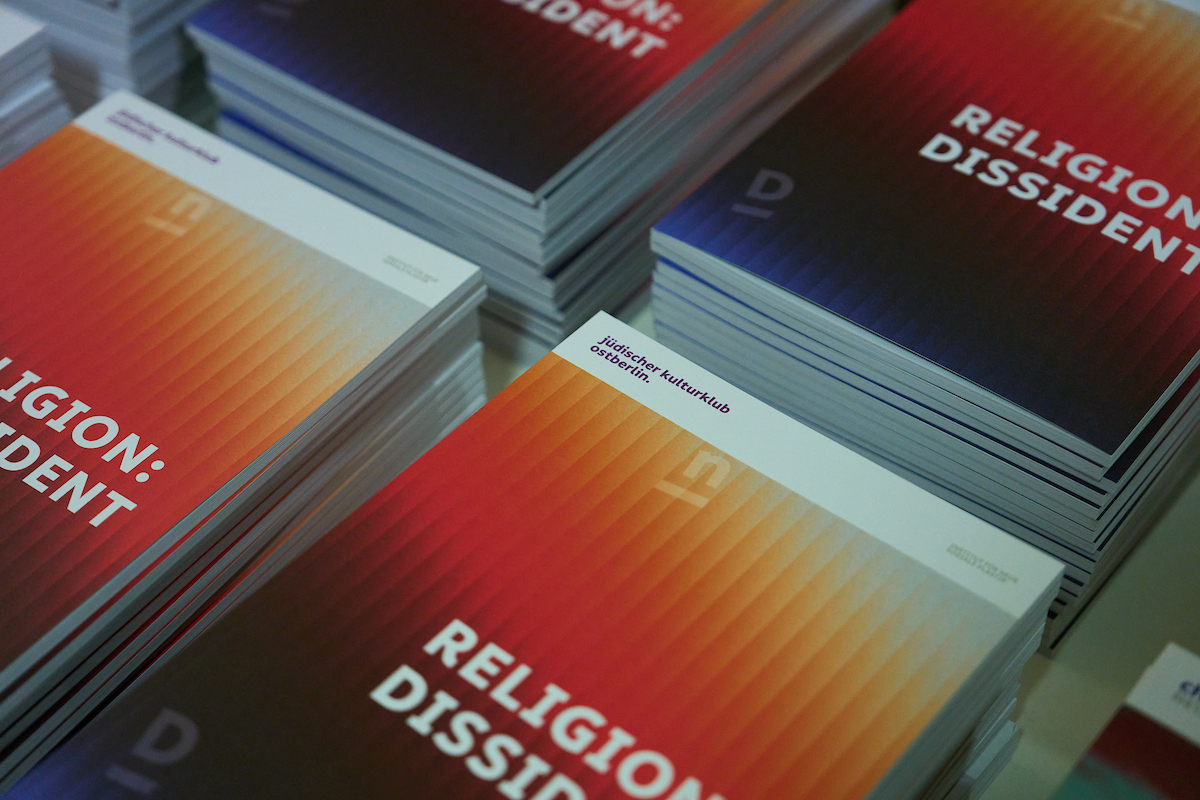jewish cultureclub eastberlin
The project is dedicated to life and work of Jewish remigrants and their descendants, as well as the culture of remembrance and anti-Semitism in the GDR.

Jewish re-migrants returned to the Soviet Zone of Occupation in 1945, or later to the GDR to help build a “new, better Germany“. Many of them soon occupied influential positions in culture, politics, and academia. However, antisemitic show trials began as early as the 1950s, and various Jewish cultural figures lost their positions, were expelled from the East German Communist Party (SED), or imprisoned.
This meant that only a few years after the Shoah, hundreds of Jews left the GDR. After the Six-Day War in 1967, Jewish intellectuals were systematically monitored by the State Security Service (Stasi). To this day, this (state-sponsored) antisemitic persecution remains largely unknown to the public. By the end of the 1980s, only about 400 Jews remained in the GDR. Those who remained, despite everything, considered themselves communists until the end of their lives.
The jewish cultureclub eastberlin is a project regarding the lives and work of Jewish re-migrants and their descendants, as well as the memorial culture and antisemitism in the GDR. Today‘s views on life in the GDR largely reduce it to the aspect of life under a dictatorship; examining the lives and work of Jewish re-migrants forces us to a clearer differentiation. They bear witness to civil society struggles in all periods of the GDR’s existence – and their failures.
The jewish cultureclub eastberlin organizes public film evenings, readings, panel discussions, and performances, as well as small-scale workshops exploring individual works or aspects of the history of Jews in the GDR. Discussions and workshops with children and grandchildren of the re-migrants provide tangible insights into the ambivalent and painful situations their families faced in the GDR.
Interviews with Jewish East Berliners
The project involves the creation of a film series featuring interviews with Jewish East Berliners of different generations. They talk about their lives in East Berlin, the Shoah and the years that followed, anti-Semitism and how to deal with it. In doing so, they provide insights into their lives and describe their often very ambivalent relationship with the GDR and their memories of the state, which are full of contradictions.
Watch video interviewsSupported by:
